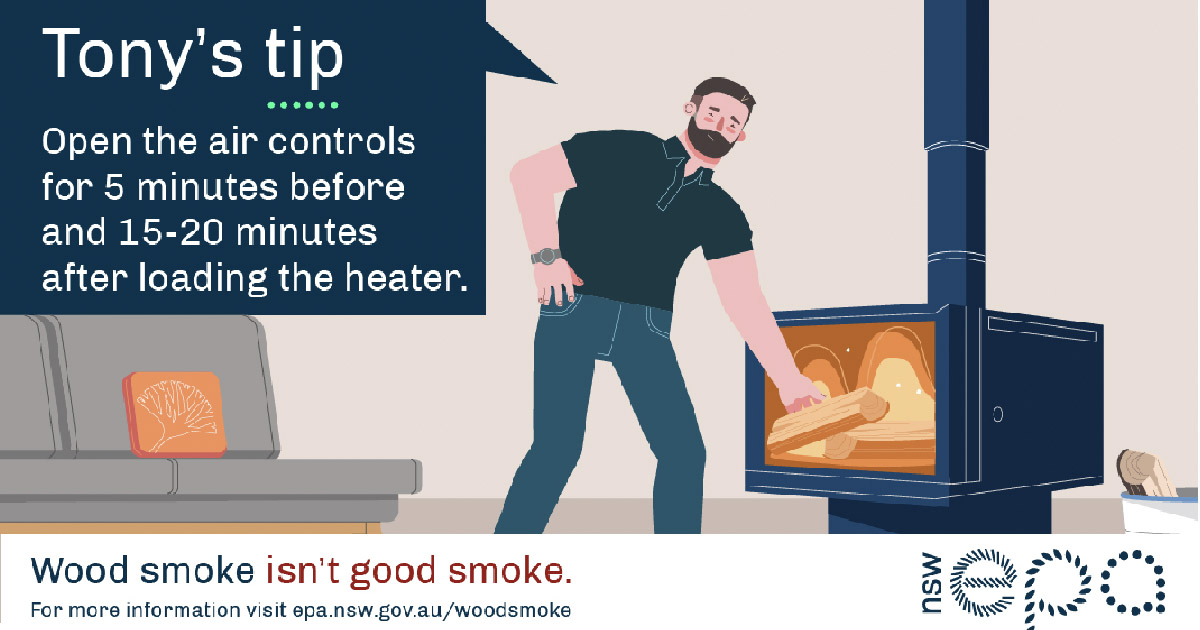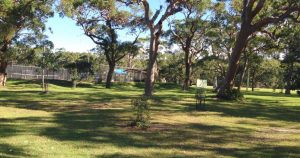Keep our Hawkesbury air clean this winter! Hawkesbury City Council shares EPA tips for smart wood heater use to reduce air pollution.
Woodsmoke can pose serious health risks, particularly for individuals with existing respiratory conditions, such as asthma, as well as for young children and frail elderly people. Studies indicate that smoke pollution may also contribute to cardiac issues.
The Council frequently receives complaints regarding excessive smoke from wood-burning heaters, and when officers observe significant smoke emissions, they can issue enforcement notices to address the issue.
To promote better wood heater operation, residents are encouraged to follow these guidelines: Always burn small logs of aged, dry hardwood since unseasoned wood contains more moisture and produces more smoke.
Firewood should be stored under cover in a dry, ventilated area, with freshly cut wood needing to be seasoned for 8–12 months prior to use. It is crucial never to burn rubbish, driftwood, or treated or painted wood, as these materials can release harmful pollutants.
When lighting a cold heater, use plenty of dry kindling to ignite a robust fire quickly, and stack the wood loosely in the firebox to allow for proper air circulation, avoiding cramming the firebox full.
Additionally, turn off the warm air circulation fan while lighting and refueling the heater, and maintain a lively, bright flame; the fire should only produce smoke for a few minutes when initially lit or when adding extra fuel.
Open the air controls fully for five minutes before reloading and for 15–20 minutes after. It’s also advisable not to let the heater smolder overnight; enough air must be provided to keep a flame. Regular chimney inspections are essential; if smoke is emanating from the chimney, increasing the air supply to the fire can help.
Lastly, it’s important to clean the chimney annually to prevent creosote buildup. To install a wood-burning heater at your residence, it is necessary to seek Council approval as required by the Local Government Act, and if your heater is older than 20 years, it may be wise to consider replacing it with a newer model compliant with current regulations and a particulate emission factor of less than 1g/Kg.
For further guidance on optimising your wood heater, visit https://ow.ly/UmPL50VW5b1 or the EPA website









